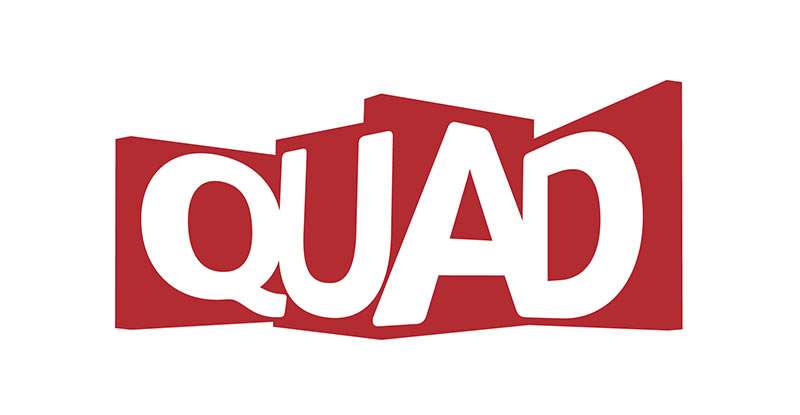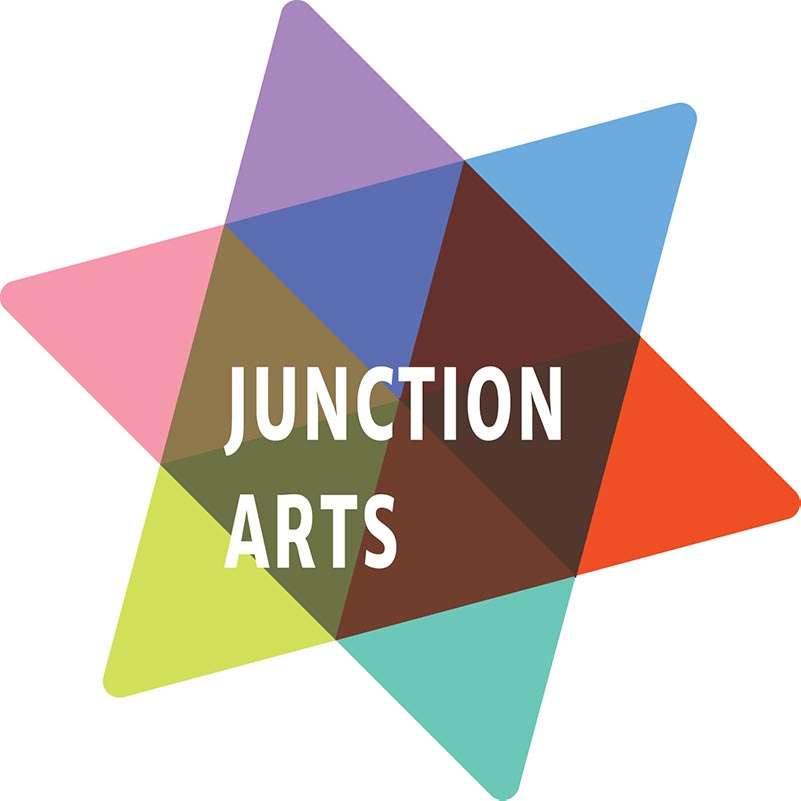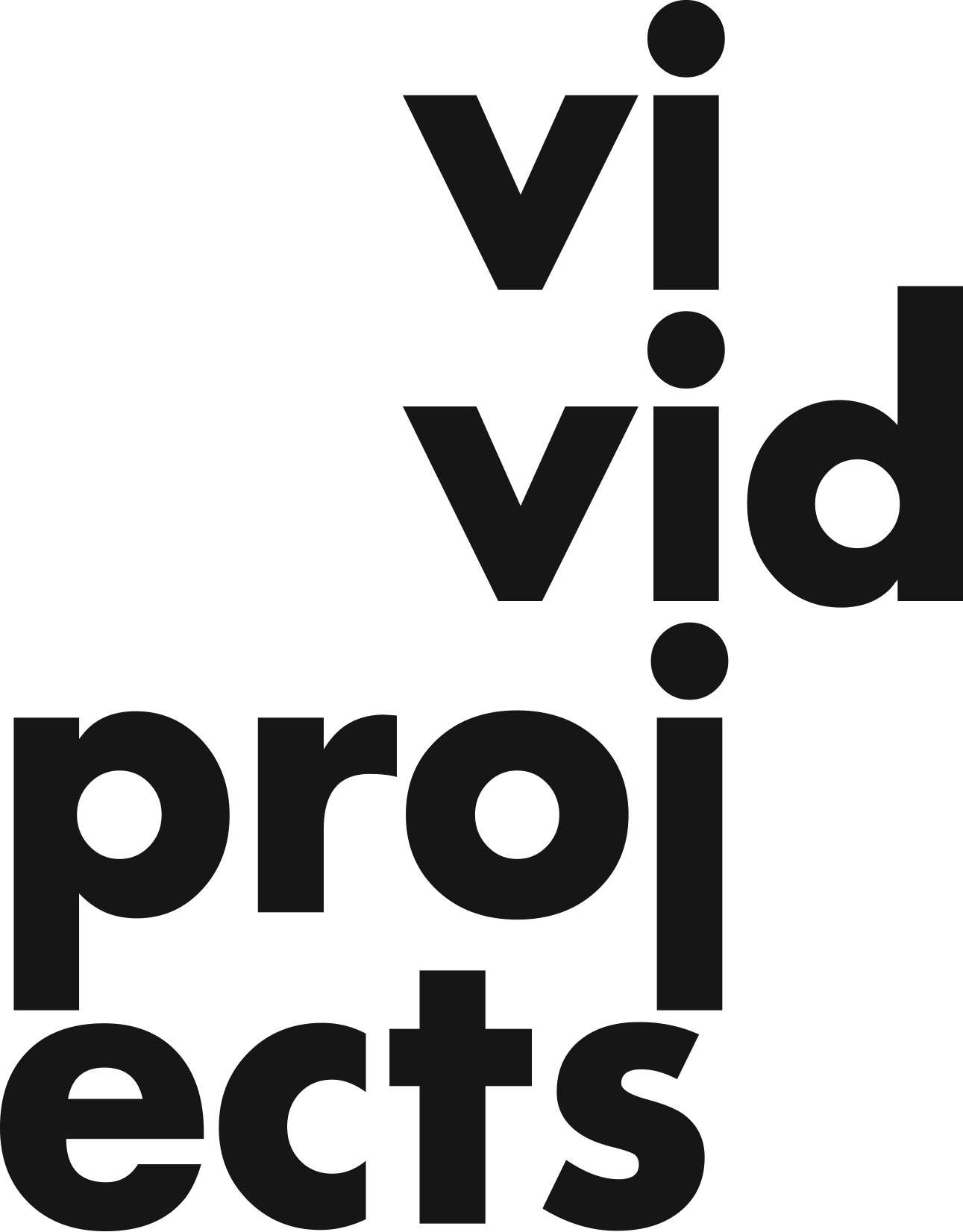Partners




Muhammad Idrish
What was brought home is that it was us doing it - in front of the camera and behind the camera. We had two frames, so it was a kind of conversation between people who trusted each other. The reason they could actually express themselves so easily and frankly is because it was done by somebody who they knew. It is, you know, like, Adam, you are sitting there and asking me a question. I can easily turn the camera around and ask you the same question. It is was like videoing a conversation in a room. It’s a gang of friends sitting together having a chat.
Marian Hall
The fact that you’re using video and you’re seeing how the editing works, you never look at a television programme in the same way, you never look particularly at a news report in the same way. It became immediately obvious how you can bias a report, how you can snip out the thing that somebody really, really wanted to say and make them say things that they never intended to say in the first place. So, you were empowering people, you know, they were choosing how they wanted to be represented.
Ranbir Bains
I think what was important with these projects was the demystifying. The media isn’t about somebody else controlling it and expressing your lifestyles, that you can actually take it. It’s not some mystical skill that can only be held by few. And it was a great opportunity to start discussing who presents what.
Marian Hall
Like Geraldine was saying this morning, I was thinking about it afterwards. You know, it’s like it’s all been downhill since the ‘80s, and when I start talking about the ‘80s, I get that kind of excitement and optimism back, but if I look long-term at what’s happened in this country, it’s all been - from a trade unionist point of view - it’s all been downhill, and there are so many repressive laws now that you don’t even think about.
Cathy Wade
I’ve been thinking a lot recently about ruins and the fact that when you were growing up, when you were living in the 1980s, you were living in a landscape in which this looks like a new space, and looking back at the archives, you’ve suddenly got these amazing moments of environments that just look like they’ve been through a form catastrophe, and you think, “what sorts of environments have we got now?”
Ian Sergeant
We’re in this moment of almost too much information; where we find it difficult to find the truth and the realities in all of this, and that’s why it’s important to go back to a period like the ‘80s. The demonisation of the unions; there was a conscious decision: to break up the unity of the workers, because you needed to introduce this new system of operation, and, by getting rid of the unions, and breaking them, and, obliterating them, literally beating them into the ground, and then introducing this new way of individualism.
Cathy Wade
People meeting in a room is the most transformative thing, just full stop. I think it’s that sense where you can hear the tonality of somebody’s voice, you can hear where they’re at with something, you can actually have that meeting point that is real.
That sensibility of what can be achieved when human beings do meet is phenomenal.
Ian Sergeant
There’s got to be, there’s got to be. There’s got to be more to life than people just existing, and that’s what we’re doing right now. And I think we have lost our way. And it’s important for us to try and retrace back to where and why that happened, and, if we can, start to pave a way forward for ourselves and say, “Actually, we are greater as a collective of people.”
The next generation will always hold the previous generation to account, and I think we are, we’re being held to account. You’re of the next generation, you’re holding this microphone in front of me now, you’re holding me to account, and account for your times. And I think that we are responsible for a lot of the things that are happening now. We need hold our hands up and say, “We’ve let you down,” and we need to do things to repair that. And I don’t know how we’re going to be able to do it; in this current political moment, I don’t think we’re anywhere near close. This needs to play itself out, and I don’t know how it’s going to play itself out, but we’re in a really dangerous time.
Muhammad Idrish
If you are a politically conscious person in England, you know there are two different Englands. There is an England of the capitalists, the England of the racists, the England of the Brexiteers, the England of the extreme right, and the other England is the fighting England, the trade unionist England, the left England, the socialist England.
You know, they might not run the government, but you’ve got that quiet fraternity in my England, the people who fight for justice, the people who fight against racism, the people who fight for social justice, the people who fight for equality, and that’s the England I know, and that’s the England I love.